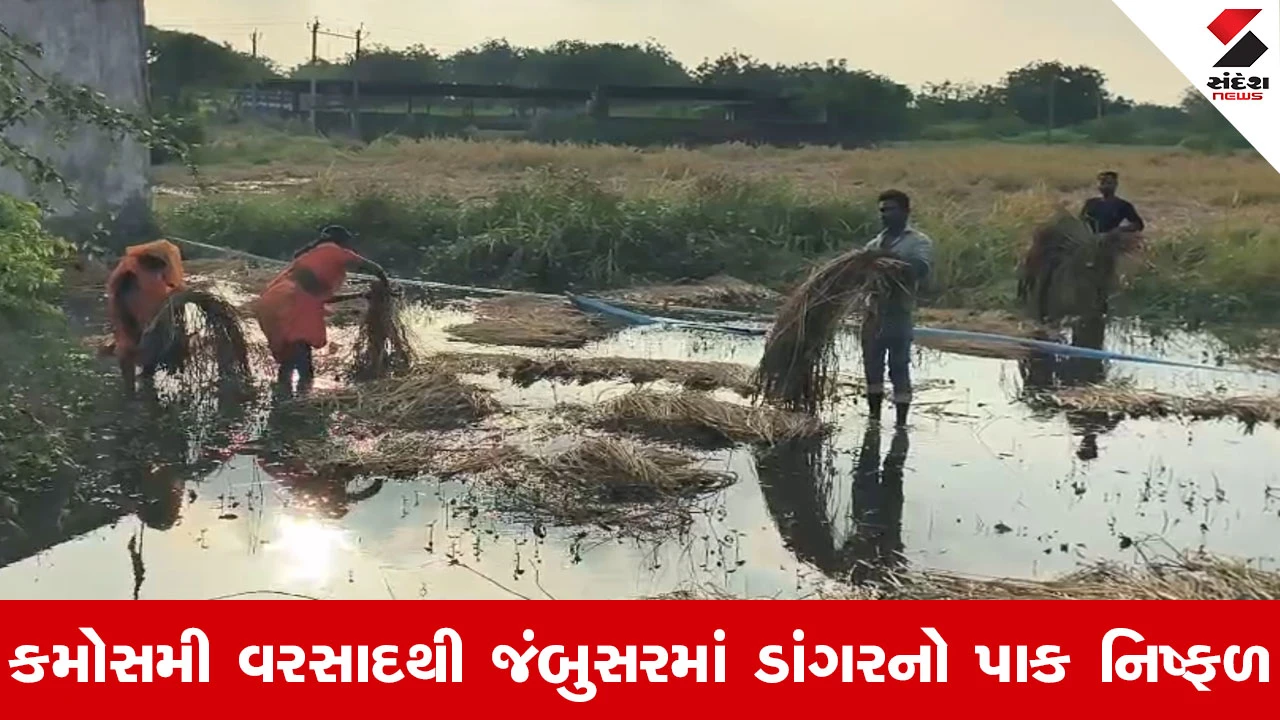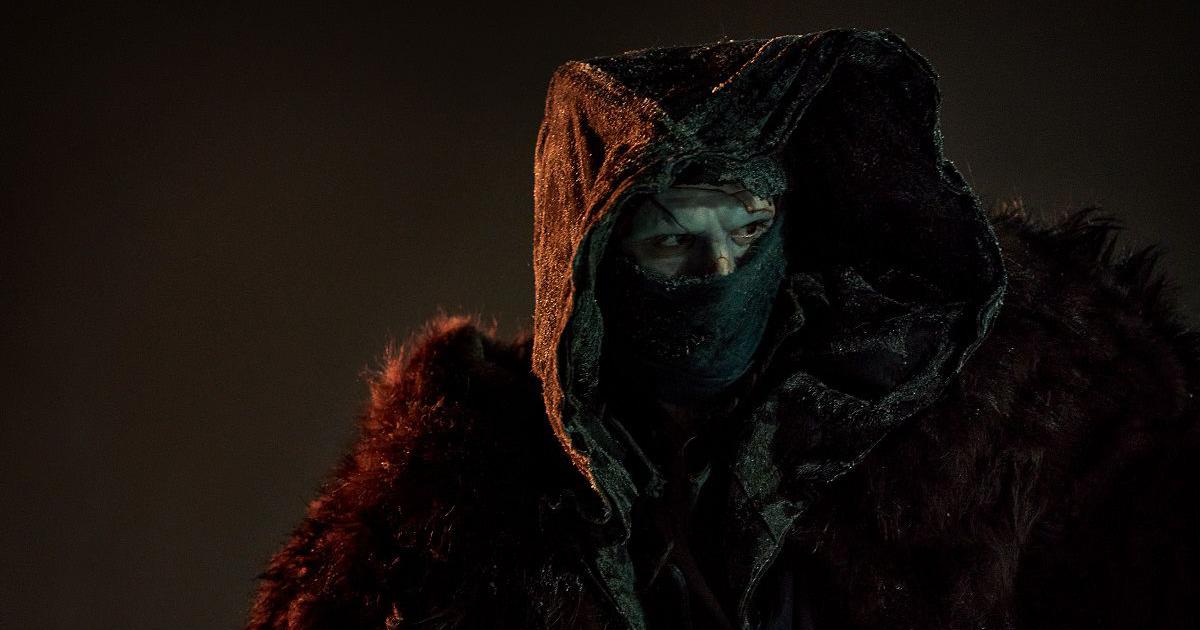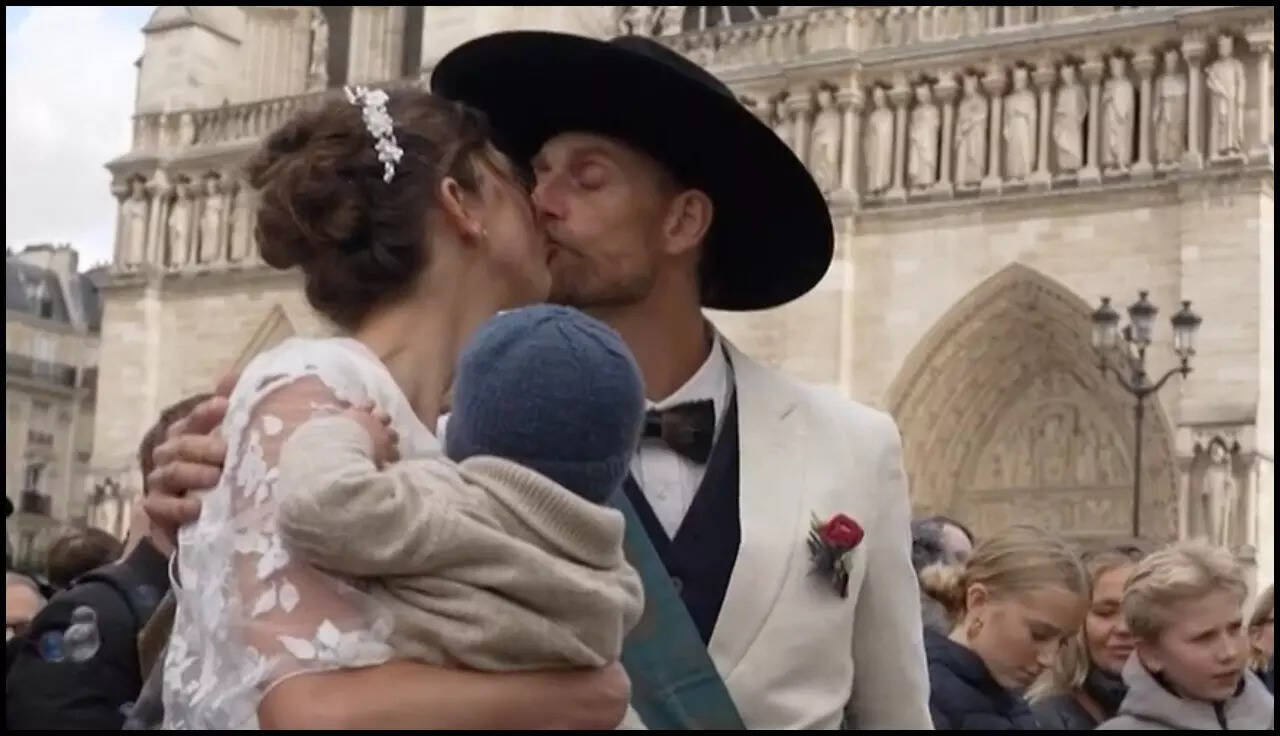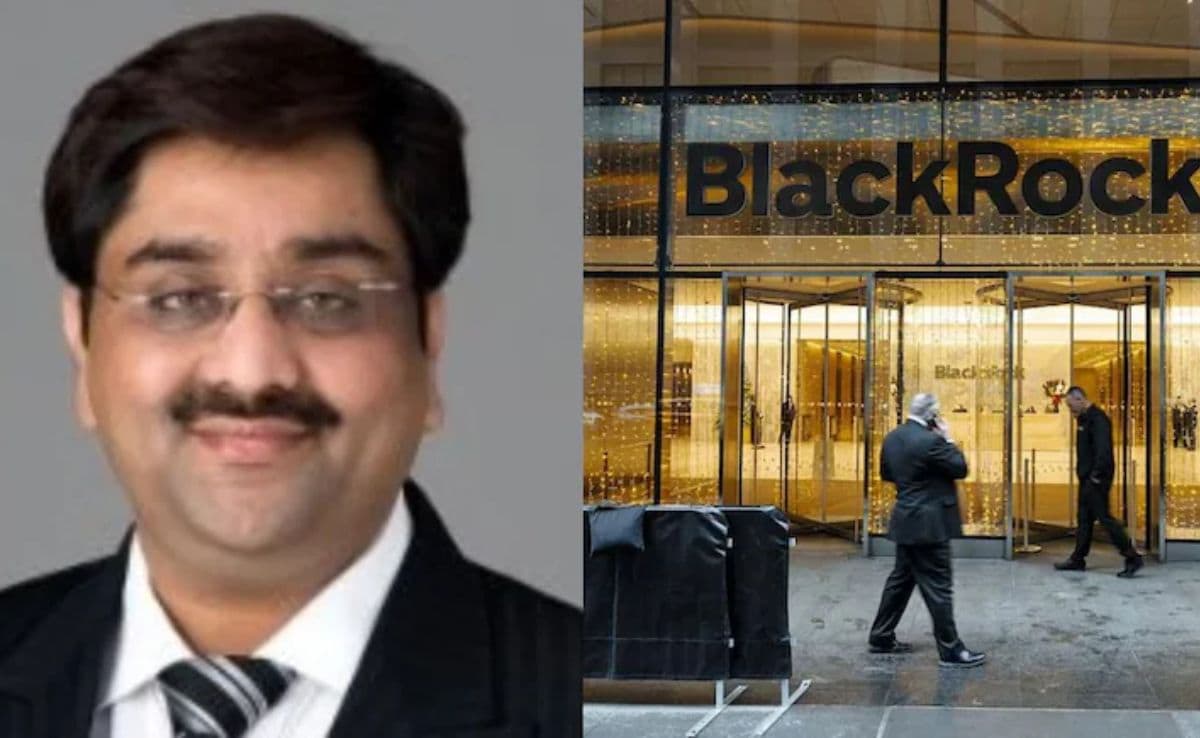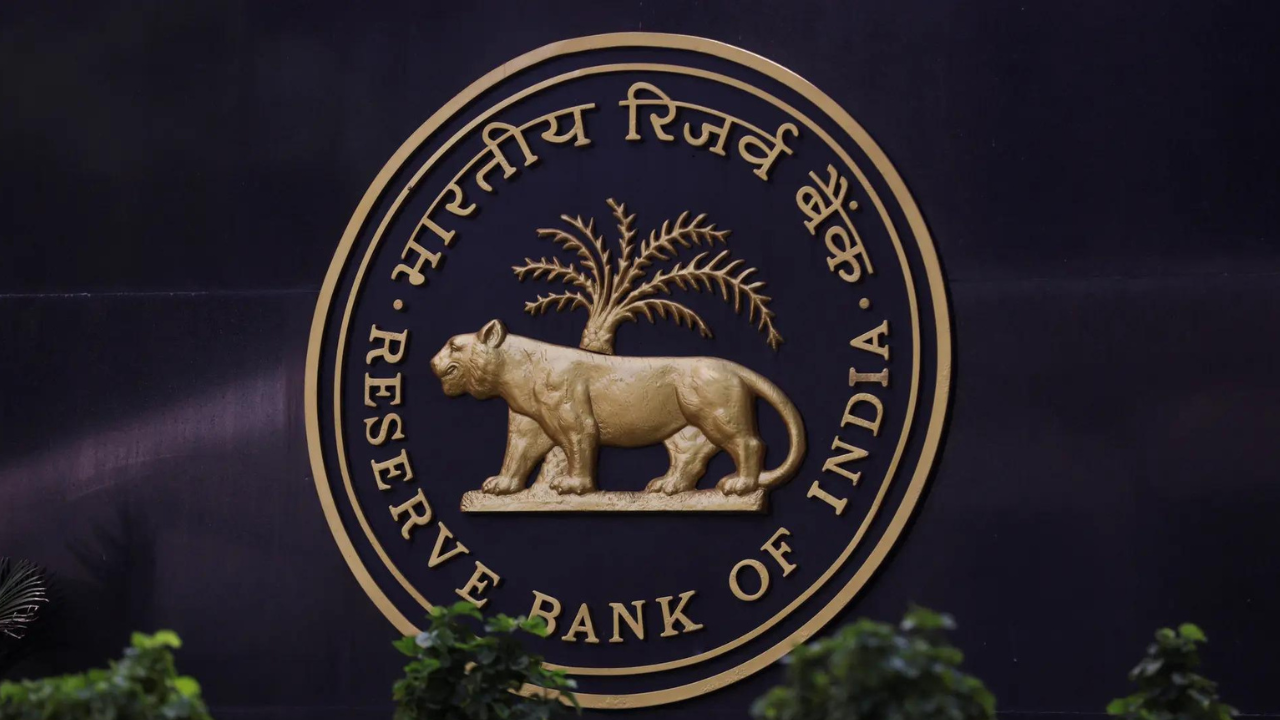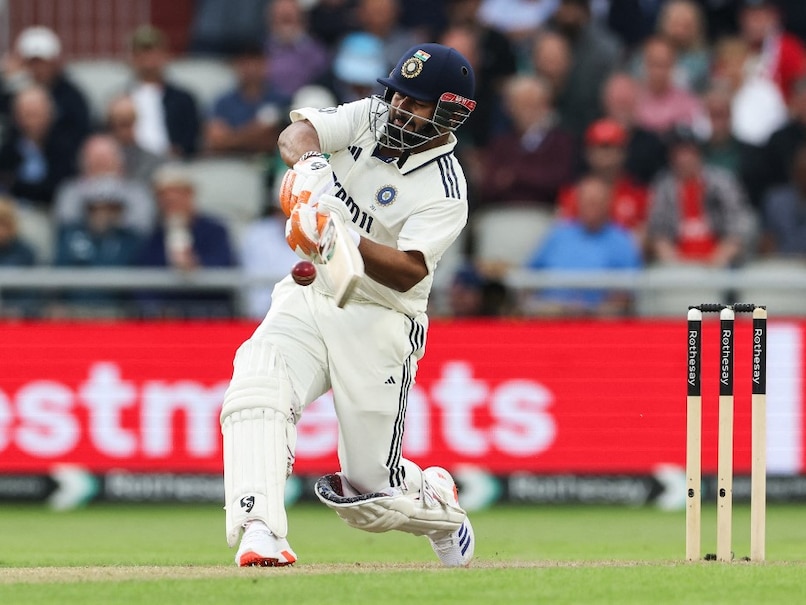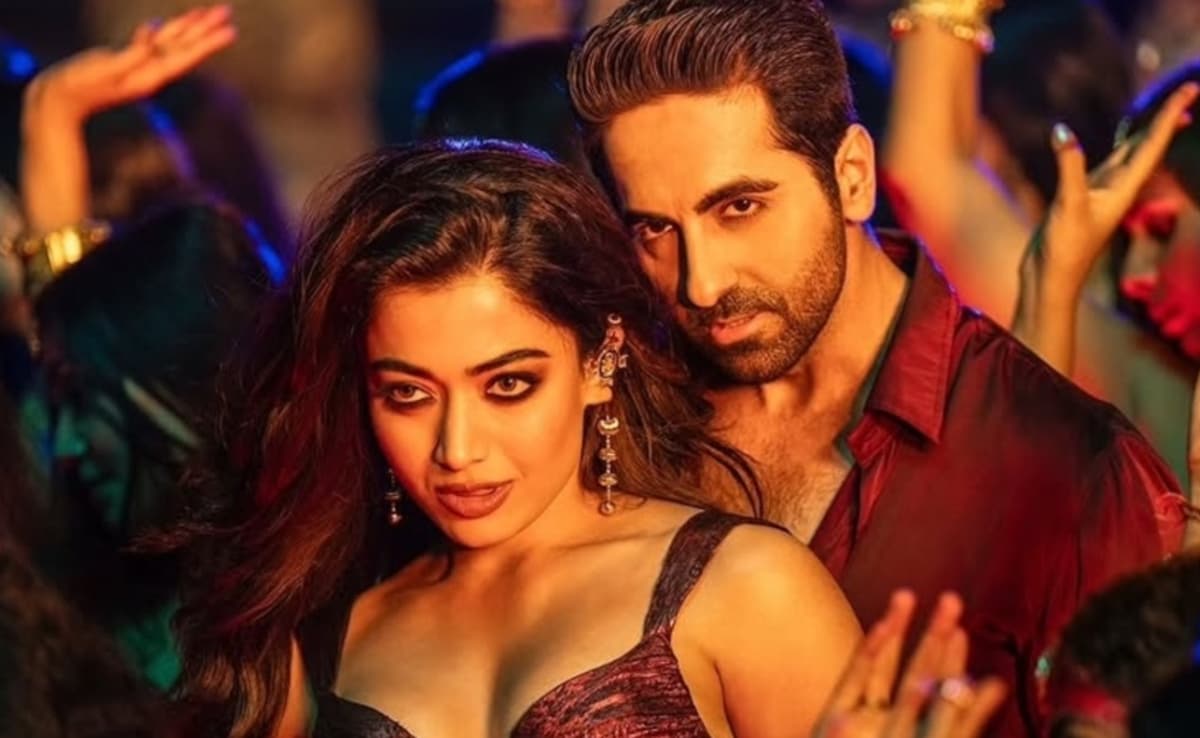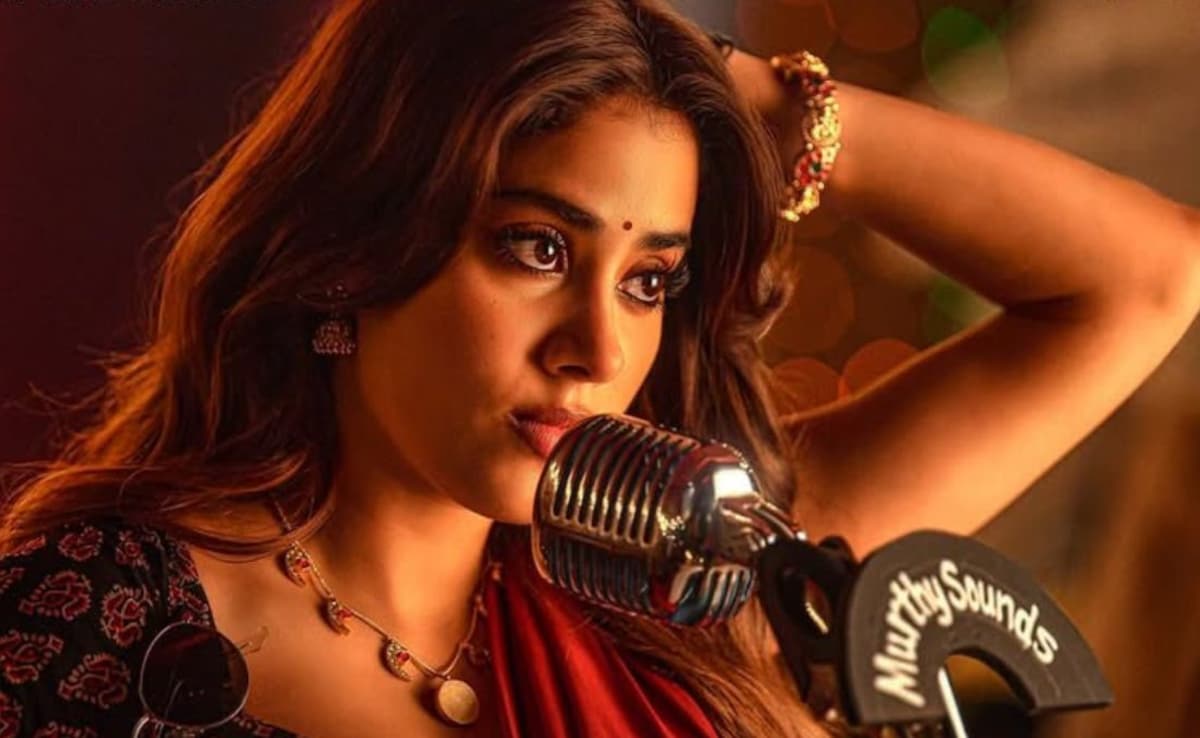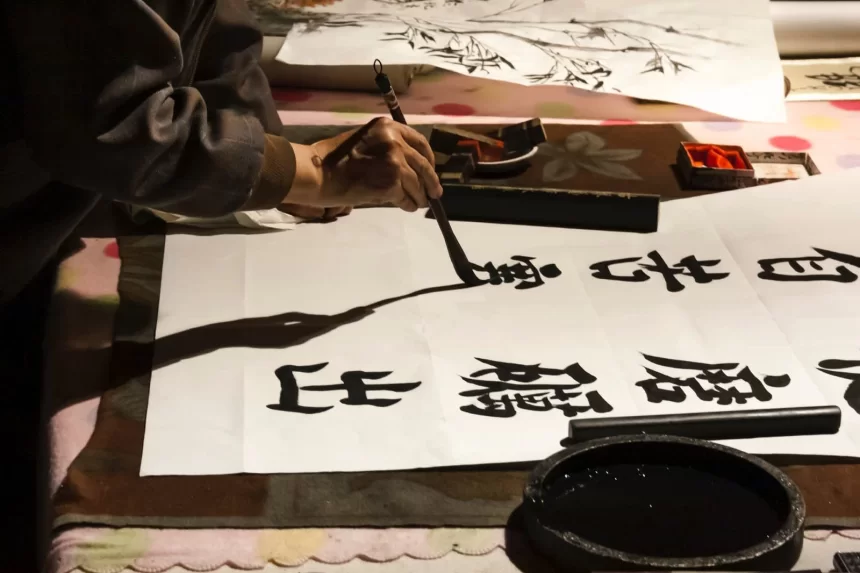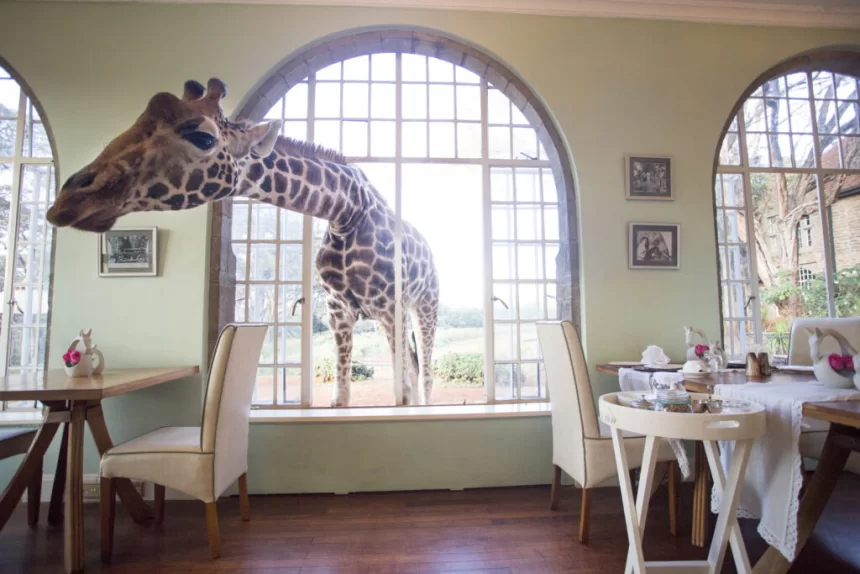The sound of touch: How a Dalit artist is reclaiming the beats of the ‘untouchable’ tamate drum
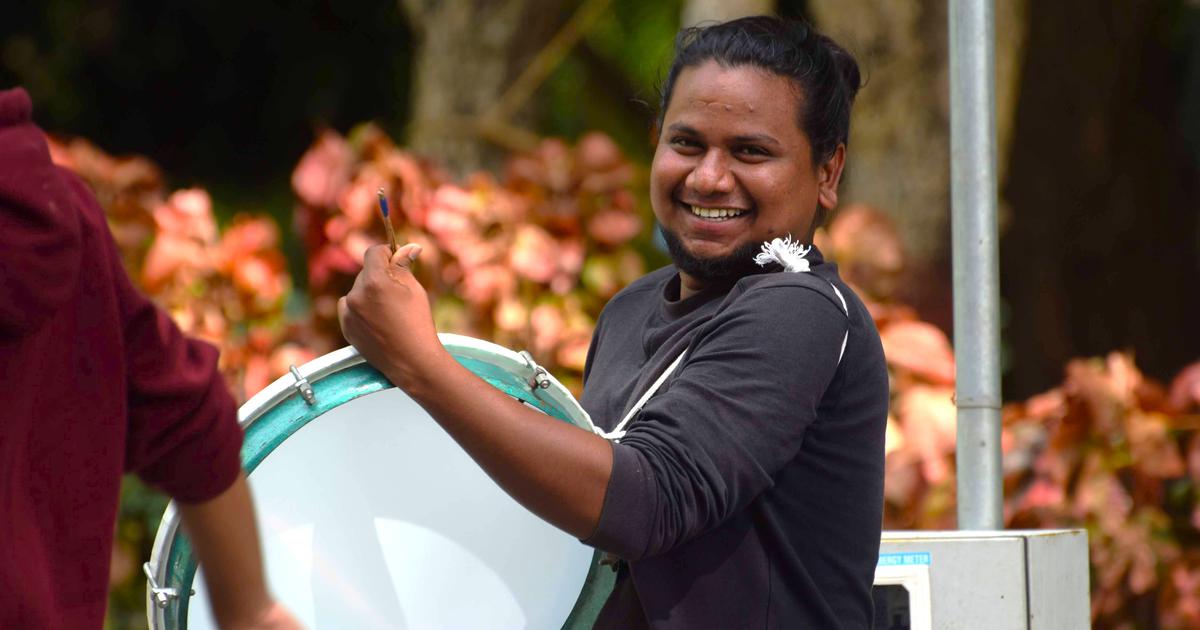
Join our WhatsApp Community to receive travel deals, free stays, and special offers!
- Join Now -
Join our WhatsApp Community to receive travel deals, free stays, and special offers!
- Join Now -

For a long time, the tamate has been considered an “untouchable” instrument in Karnataka and Andhra Pradesh because caste Hindu groups associate it with communities that work with leather and perform funeral rites.
Since the last two years, 26-year old Bharath Dingri has been conducting tamate workshops to recontexualise the beats of the percussion instrument – which is also known as the halgi – as a symbol of the dignity and artistic identity of Dalit communities.
Dingri, the founder of a socio-cultural collective in Bengaluru called Halgi Culture, aims to popularise the rich, sonic histories of Dalit cultures.
Through his workshops, he is building on the altered context for the instrument set out by the Dalita Sangharsha Samiti. The Dalit rights organisation founded in 1975 by significant Kannada literary figures such as B Krishnappa, Siddalingaiah and B Siddaiah turned poetry into songs, accompanied by the beats of the tamate to draw huge crowds for their protests and meetings.
In this lightly edited interview, Dingri speaks about how political consciousness can grow through songs, theatre and poetry. He also discusses his own innovations in teaching the tamate and using the instrument to spread awareness of structural injustice.
What is the tamate?
The tamate is a musical instrument – a drum. When you skin...
Read more
What's Your Reaction?
 Like
0
Like
0
 Dislike
0
Dislike
0
 Love
0
Love
0
 Funny
0
Funny
0
 Angry
0
Angry
0
 Sad
0
Sad
0
 Wow
0
Wow
0
